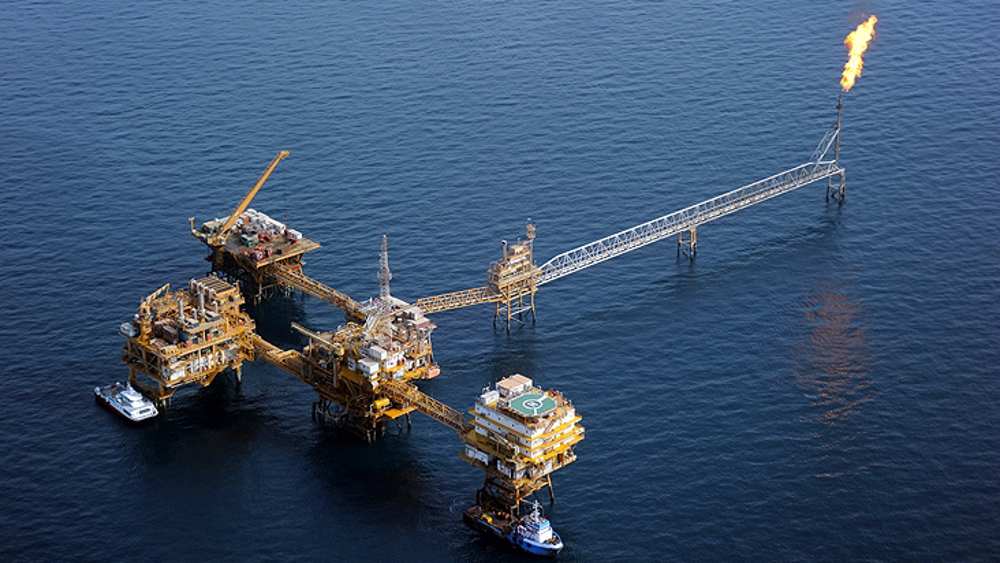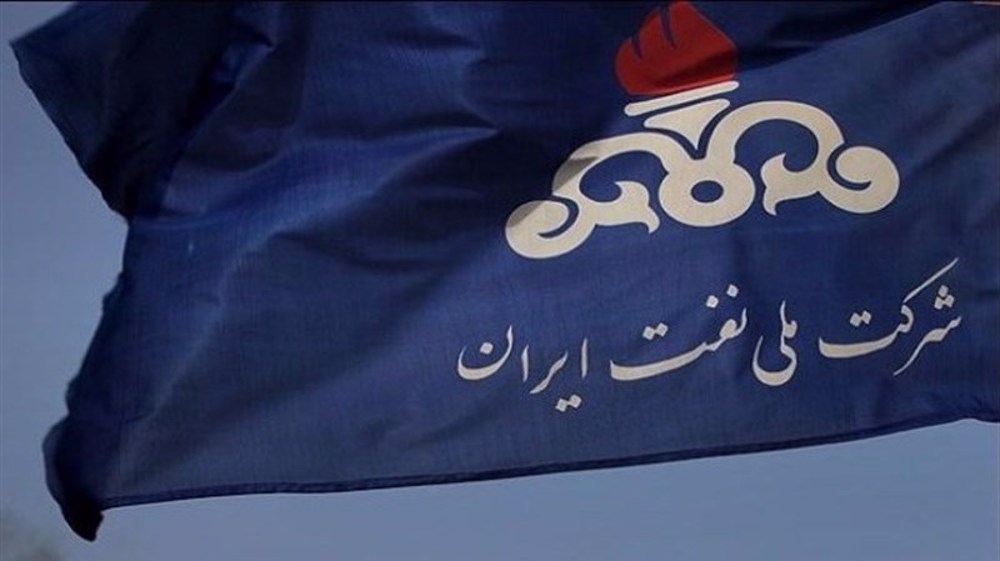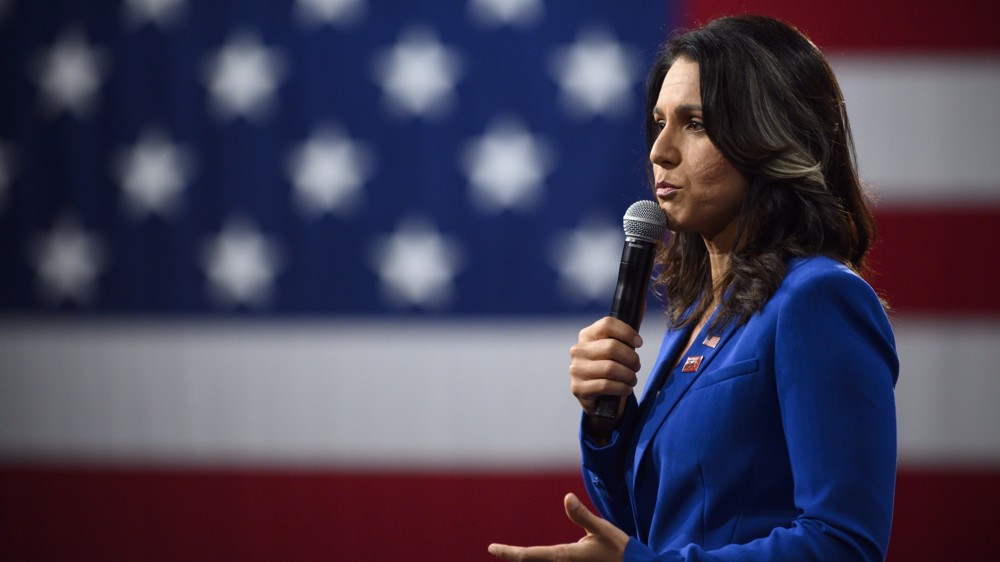US sanctioning Iran to make room for its shale oil: Zangeneh
Iran’s Minister of Petroleum Bijan Zangeneh says US sanctions on the Iranian oil industry, apart from being a measure of political pressure, aim to open up the world oil market to American shale oil.
"I am certain one of the reasons for the #US to impose sanctions on Iran has been to make room for its #shale_oil in the market; therefore, the sanctions issue is not merely a political matter, but rather an economic one," Zangeneh tweeted.
Since September, the United States has been working to bring Iran’s oil exports down to zero as part of Washington’s “maximum pressure” on Tehran.
Iran's petroleum industry, including its oil, gas and petrochemical sectors, is on the frontline of the fight against the US which believes choking off the main source of income of the Iranians would force the country to negotiate a new nuclear deal.
US Special Representative for Iran Brian Hook on Thursday boasted that sanctions targeting Iran's oil sector have led to more than $50 billion in revenue losses, hindered Iran's refined-oil products and undermined foreign investment.
"Both upstream and downstream investments in Iran's oil and gas sector have stopped," Hook said. "Foreign investors have almost entirely pulled out of Iran due to the risks and billions in investment has been lost," he added.
Under President Donald Trump, the United States has increasingly been using sanctions as a weapon of choice. The country is also weaponizing the dollar through its trade-restricting policies with other countries.
On Saturday, US Treasury Secretary acknowledged that Washington is using sanctions as an alternative to military confrontation.
“The reason why we’re using sanctions is because they are an important alternative for world military conflicts. And I believe it’s worked,” Mnuchin was quoted as saying on the sidelines of the Doha Forum in Qatar. “So whether it’s North Korea, whether it’s Iran or other places in the world, we take the responsibility very seriously.”
In 2017, Trump laid out his administration’s new mantra of “energy dominance” by tapping the country's shale formations to bolster Washington’s geopolitical influence.
The controversial policy has included boosting domestic production through rollbacks of environmental regulations in order to build an international clout in energy markets.
US oil output has risen to more than 12 million barrels per day for the first time since 1970. Natural gas output has also soared, making America the world’s top producer of the fuel.
According to US military analyst James “Spider” Marks, America’s designs for supremacy include using energy as a weapon to counter enemies such as Russia, China and Iran and exert power over allies such as Qatar and Saudi Arabia.
“If the United States is to counter the global influence of Russia, Iran, China and other hostile nations, we will need to find peaceful ways to advance our interests while undermining theirs,” he wrote on the website of Washington-based Morning Consult company.
As the US produces more oil and gas, “we reduce our dependence on foreign sources of energy,” Marks said. “Second, as our production grows, so does our ability to advance our interests abroad through exports.”

Key well launched at Phase 11 of Iran’s South Pars gas field

Iran can rely on its hydrocarbon resources for 100 years: NIOC

US intel report: Iran ‘not building nuclear weapon’
VIDEO | Footage reveals aid workers killed in Gaza under Israeli fire, debunking regime’s claims
Autopsy finds teenage Palestinian died of starvation in Israeli prison
Year of Investment in Production in Iran
Israel’s brutality in Gaza ‘surpasses all recent forms of terrorism’: Rights group
VIDEO | Press TV's News Headlines
Myanmar quake death toll passes 3,300: State media
US spent $1 billion on Yemen offensive with limited results: Report
Microsoft employees disrupt 50th anniversary event over AI-assisted Gaza genocide









 This makes it easy to access the Press TV website
This makes it easy to access the Press TV website